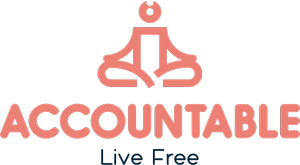Relapse Prevention and Coping Tools
A relapse prevention plan, like the one you will create with us, is a plan of action that helps you to recognize signs of relapse, avoid triggers and prevent a return to using. When thinking of a relapse prevention plan, it is helpful to consider “people, places, things and experiences” as they relate to your history of using substances. Each week we will send out a “craving survey” in order for you to track your cravings and gain insight into them. The resources below are helpful to anyone experiencing cravings and needing to navigate through them in a healthy way.
https://www.therapistaid.com/therapy-worksheet/relapse-prevention-plan
- This worksheet will provide you with a structure of how to create your relapse prevention plan. It will go through identifying red flags and what you can do to stop a relapse before it happens!
https://www.therapistaid.com/therapy-worksheet/relapse-prevention-plan-2
- This is a secondary/follow-up exercise to the one listed above. It comes from what is called a “strengths perspective” and goes through what you can do help yourself should you experience a craving or a trigger.
https://www.therapistaid.com/therapy-worksheet/building-new-habits
- Essential to any relapse prevention plan is the idea of building new habits! This is right in line with the relapse prevention plan that you have built with us! In this worksheet you will be given practical guidance for creating and maintaining new habits!
https://www.therapistaid.com/therapy-article/10-tips-for-avoiding-relapse
- This is a great article that give 10 wonderful tips for avoiding a relapse! Staying sober is so hard; these tips will hopefully help to limit the difficulty!
https://www.therapistaid.com/therapy-worksheet/coping-skills-addictions
- Coping tools are essential to navigating recovery, especially early recovery. This worksheet will help you to organize coping tools into major categories and provides information about the tool itself and how it can be used to reduce the risk of relapse!
Interested in Learning More?
We will get back to you as soon as possible.
Please try again later.

hello@youareaccountable.com
(646) 450-7641